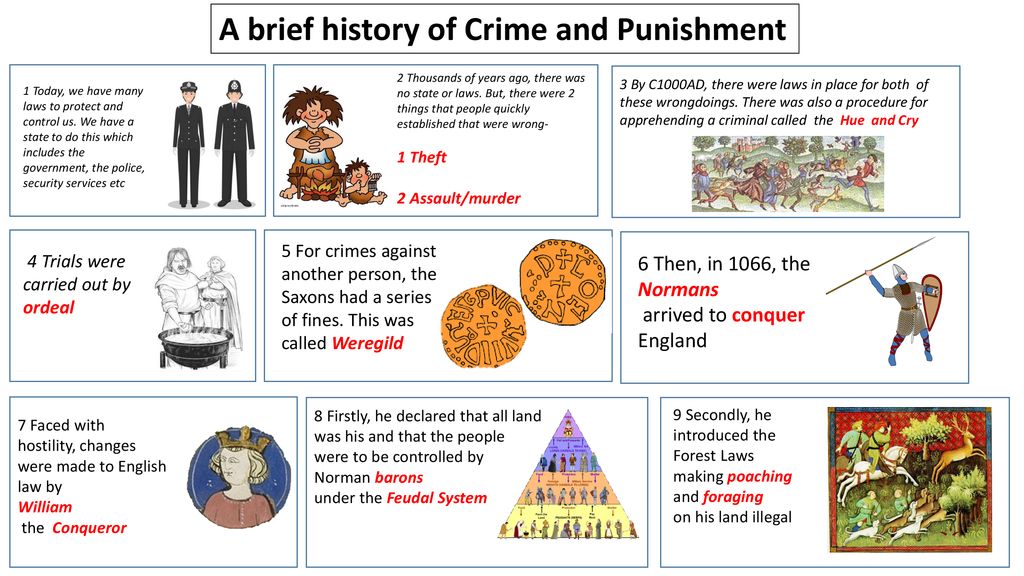Academic Law Writing
PHD Dissertation
Evolution of Crime & punishment Through Years
Crime has existed from the beginning of time, but how society has dealt with it has changed. It’s a clear reflection of our priorities at times, and it’s an evidence of our humanity at work at other times. The evolution of crime and punishment, on the other hand, reveals a lot about how mankind has grown and evolved.
It spawned contemporary criminology, a renowned social science whose goal is to reduce crime by understanding why and how it occurs. These new rules were created to ensure that the penalty corresponded to the offence, even if the punishment was still administered by the victim as a form of retaliation.
Theorists in the early days of criminology tried to find ways to punish crimes that were neither harsh nor inhumane. Torture has been used as a form of punishment throughout history, and early criminologists felt it was wrong. They wanted to come up with new punishments that were both appropriate for the offence and compassionate.
The sorts of penalties that are legally permissible have changed the most in how we deal with crimes and offenders today. We no longer punish offenders as a form of vengeance, and we have, happily, abolished cruel and unusual penalties intended to humiliate and inflict suffering. Instead, we are concentrating our efforts on addressing crime via change. Those punishments were more for the purpose of public humiliation than for rehabilitation. Thus punishments for crimes grew less public and more private over time.

